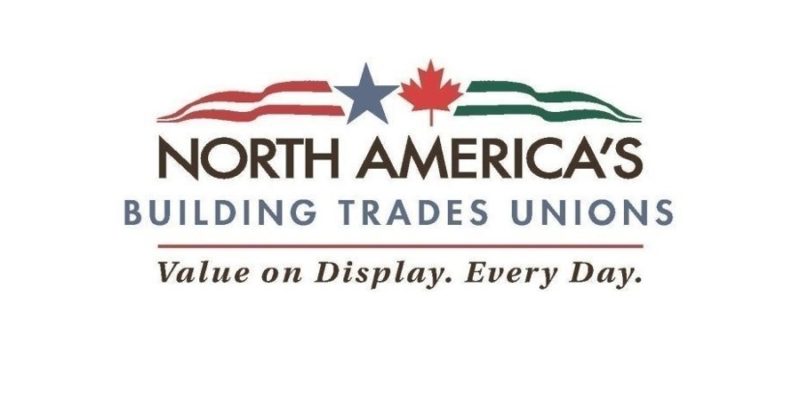- Austin, TX, June 18th – 20th: Register Here
- Anchorage, AK, June 25th – 27th: Register Here
- Sacramento, CA, July 23rd – 25th
- Washington, DC, August 13th – 15th
- Indianapolis, IN, August 27th – 29th
- The Davis-Bacon Act and McNamara O’Hara Service Contract Act
- Executive Order 13495 “Nondisplacement of Qualified Workers”
- Executive Order 13658 “Establishing a Minimum Wage for Contractors”
- The process of obtaining wage determinations and adding classifications
- Compliance assistance and enforcement processes
- The process for appealing wage rates, coverage, and compliance determinations
- Jacksonville, FL – April 10-12th, 2018
- San Diego, CA – May 22-24th, 2018
- Kansas City, MO – June 12-14th, 2018
- Hato Rey, Puerto Rico – August 27-28th, 2018










